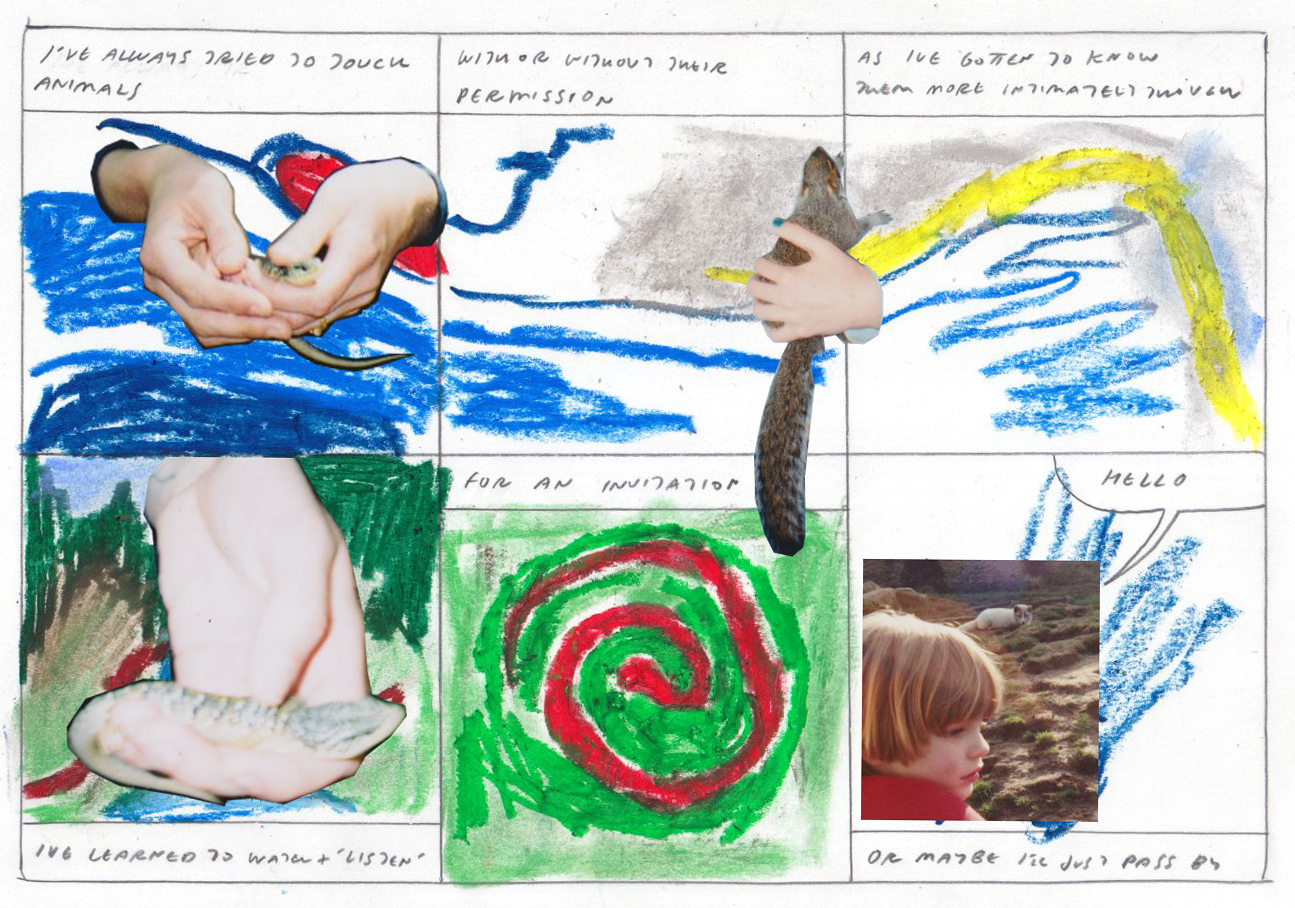
Position: using oneself and one's family or cultural history. How has one's family and society shaped their relationship to nature and environment? What are the historical events or narratives that shaped this point of view?

EXPLORING: POSITION
In Caroline Merchant's Radical Ecology, she begins by addressing the need to access how relations with the environment are built through society and personal histories "going back at least to your grandparents' generation." She asks
Were your ancestors native to this country? Are you or your parents first-, second-, or perhaps eighth-generation immigrants? What large events-wars, depressions, revolutions, social movements- shaped their lives? How did your families use the land and relate to nature? Which of their values have you absorbed? Which have you rejected? (1)
By starting with this set of questions for the reader, she opens a necessary and vital dialogue that directs attention towards subjectivity and positionality in regards to ecologic conversations. Answering these questions is imperative to better uderstanding accountability towards the environment as well as destabilize the hegemonic hold "objective" science has on environmental movements, governmental policy, popular philosophy, and societal values.
---------------------
Bibliography
Merchant, Carolyn. Radical Ecology: The Search for a Livable World. New York: Routledge, 2005.
More Resources: